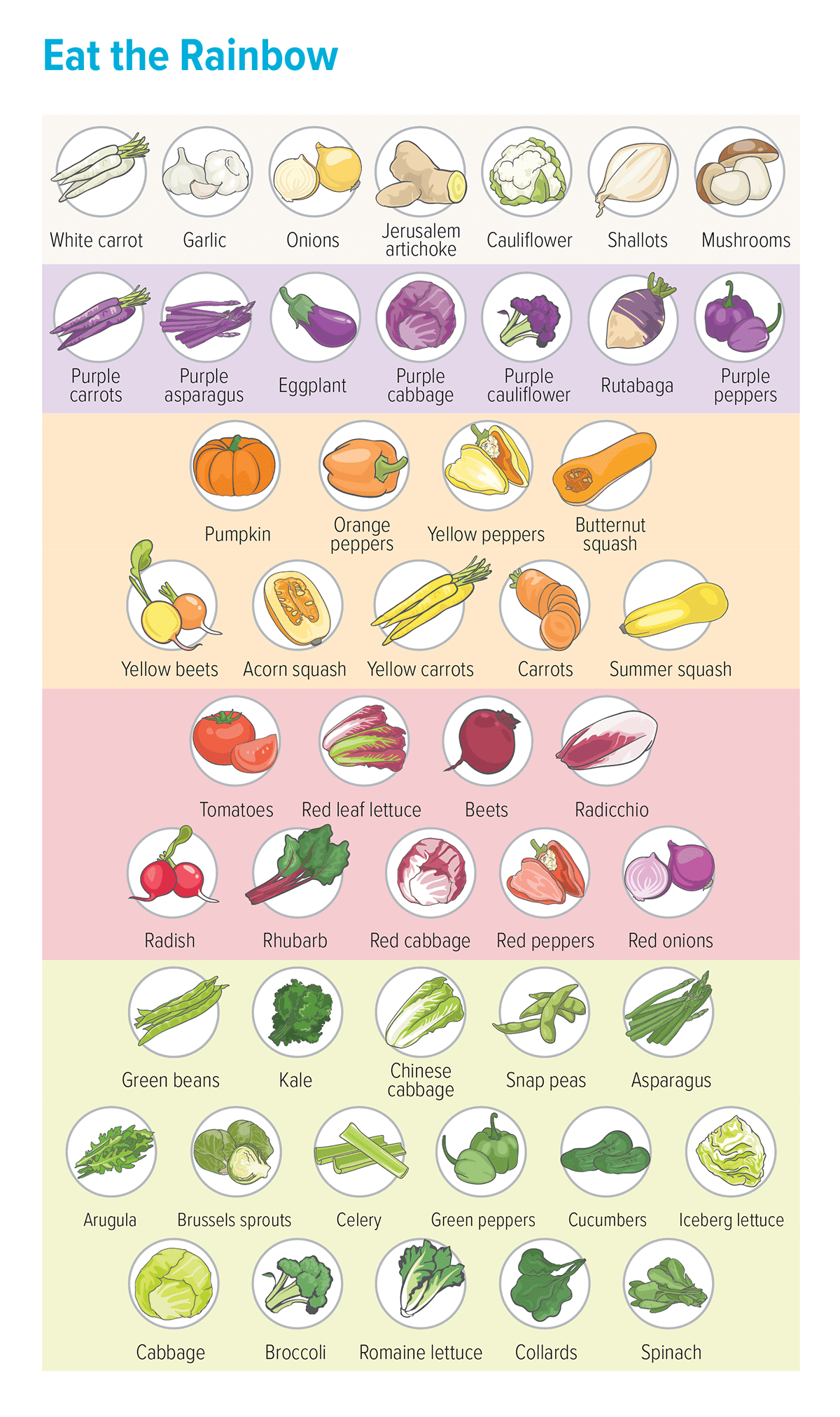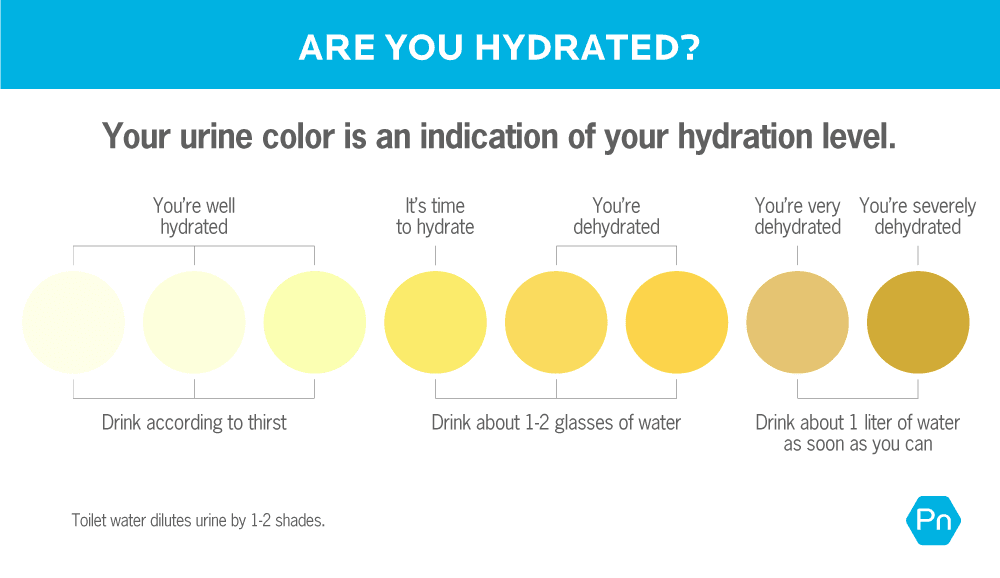
Nutrition plays a critical role in supporting athletic performance, recovery, and overall health. Proper nutrition is not merely about eating well; it involves strategic dietary choices that meet the energy and nutrient demands of an athlete's body. This report synthesizes insights from various sources to elucidate how nutrition influences athletic performance and recovery.
Energy Requirements and Macronutrient Composition

Athletes have unique energy needs due to their higher levels of physical activity compared to non-athletes. A well-balanced intake of macronutrients—carbohydrates, proteins, and fats—is essential for optimal performance. Adequate energy intake not only fuels training and competition but also helps prevent conditions such as Relative Energy Deficiency in Sport (RED-S), which can lead to decreased performance and negative health outcomes[3][5].
Carbohydrates serve as a primary energy source, particularly for high-intensity exercise. Research indicates that athletes should consume around 5 to 7 grams of carbohydrates per kilogram of body weight daily to maintain energy levels during intense training and competitions[3]. Additionally, eating carbohydrates before exercise is crucial for sustaining intensity and focus, while post-exercise carbohydrate consumption aids in recovery and replenishes glycogen stores[1][5].
Protein for Muscle Repair and Growth
Protein is vital for muscle repair and growth, especially after exertion. Current recommendations suggest athletes should aim for an intake of 1.2 to 2.3 grams of protein per kilogram of body weight per day[5]. Importantly, there is a ceiling to how much protein the body effectively utilizes per meal, estimated to be about 25 to 30 grams[5]. Timing of protein intake also matters; focusing on protein for recovery after exercise helps maximize muscle protein synthesis (MPS)[1][4].
Research supports that consuming 20 grams of high-quality protein shortly after exercise can significantly enhance muscle recovery and growth. Additionally, protein intake distributed evenly across meals throughout the day is encouraged to optimize MPS[5]. For athletes recovering from injuries, a higher protein intake is necessary to combat muscle loss and promote healing[4].
Hydration and Its Implications

Staying hydrated is fundamental for maintaining performance levels and promoting recovery[5]. Fluid losses during exercise can lead to decreased performance; therefore, athletes should aim to drink 3 to 4 liters of fluids daily, adjusting for individual sweat rates and climatic conditions[3][5]. Hydration strategies should also include replacing electrolytes lost during intense or prolonged exercise to prevent issues such as hyponatremia, particularly in hot conditions[1][3].
Micronutrients and Supplementation
Micronutrients, including vitamins and minerals, are crucial for various metabolic processes that impact athletic performance. Athletes often experience deficiencies in vitamins D, magnesium, and calcium, which can affect their energy levels and recovery[3][5]. Supplementation can help address these gaps, but it’s important to focus on achieving these nutrients through a varied and nutrient-rich diet whenever possible[1].
In addition to traditional macronutrients and micronutrients, the emerging interest in supplementation involving probiotics, prebiotics, and short-chain fatty acids (SCFAs) highlights the potential for gut health to influence athletic performance[2]. Research suggests that a balanced gut microbiome may enhance energy metabolism and exercise capacity, although more targeted studies are needed in this area[2].
Nutrition Strategies for Performance Enhancements
Several dietary strategies can optimize athletic performance. Implementing carbohydrate loading can be beneficial for endurance events lasting longer than 90 minutes, while proper nutrient timing—such as consuming specific macronutrients at pre-determined intervals—can aid muscle recovery and improve performance[1][4]. This concept of nutrient timing involves prioritizing carbohydrate intake before and after workouts and balancing protein intake to enhance recovery[3][4].
Adopting a well-structured dietary plan not only supports immediate performance needs but also fosters long-term athlete health. Ensuring that meals are rich in high-quality proteins, complex carbohydrates, and healthy fats is essential for maintaining energy levels and maximizing recovery post-exercise[5].
Conclusion
In summary, optimal nutrition is fundamental to athletic performance. It aids in energy provision, muscle recovery, and effective hydration, while also addressing micronutrient needs and encouraging the use of dietary supplements where appropriate. A careful approach to nutrition, grounded in scientific principles, equips athletes with the tools they need to excel in their sport and promotes sustainable health practices that can benefit them in the long run. Integrating these principles into daily routines ensures that athletes can sustain high performance and recover effectively from intense training efforts and competition.
Get more accurate answers with Super Pandi, upload files, personalized discovery feed, save searches and contribute to the PandiPedia.
Let's look at alternatives:
- Modify the query.
- Start a new thread.
- Remove sources (if manually added).